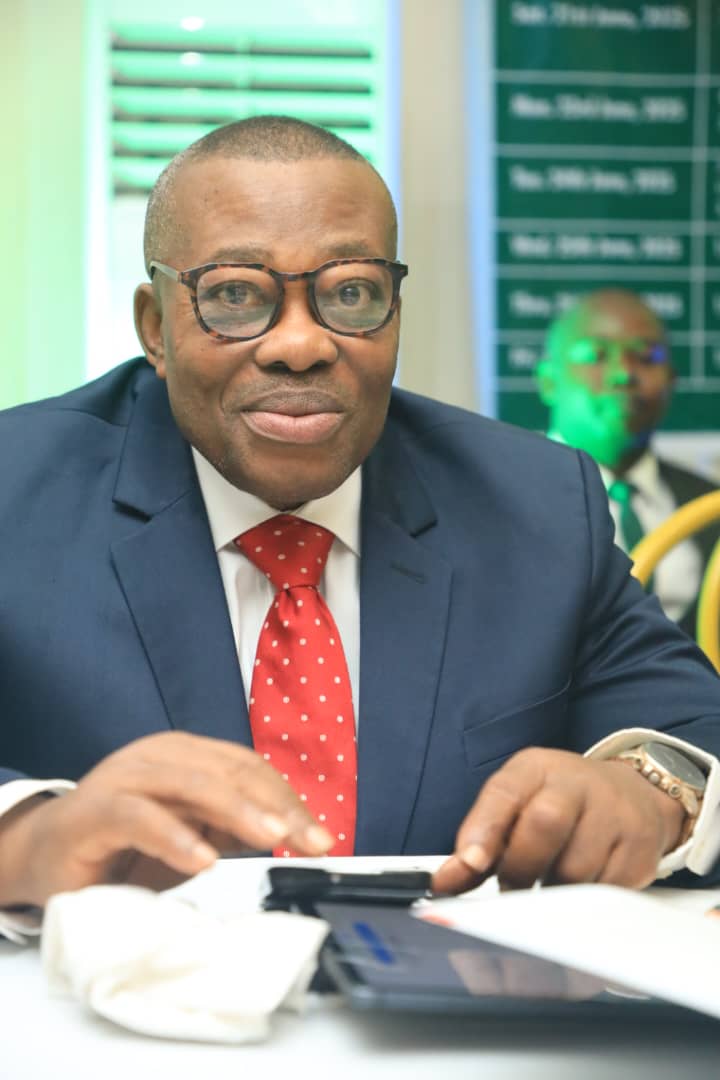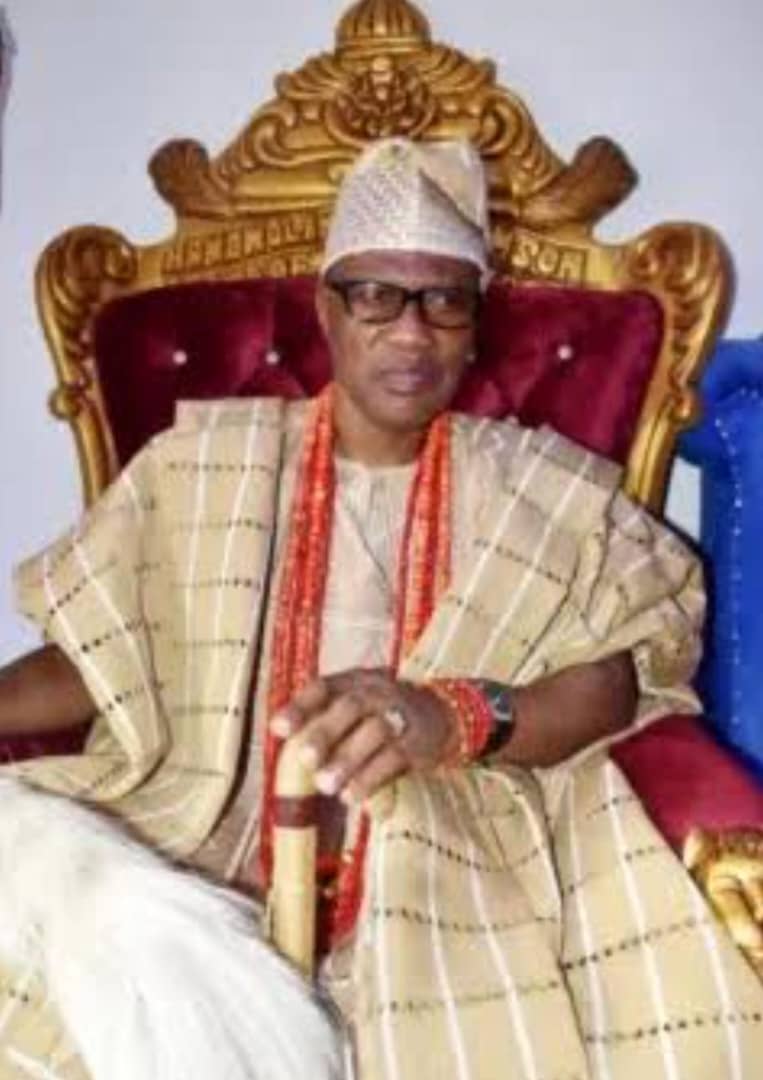Rivers Crisis: Tinubu Acted on Old Political Precedent— Ubani
By Our Reporter
ABUJA — Senior Advocate of Nigeria, Dr. Monday Ubani, has said President Bola Tinubu’s decision to declare emergency rule in Rivers State was not without precedent, noting that the action echoed a long history of leaders suspending elected officials during crises.
Ubani explained that Nigeria’s political history is replete with instances where emergency powers were invoked to stabilise volatile situations, beginning with the Western Region crisis of 1962 under Prime Minister Sir Abubakar Tafawa Balewa.
He recalled that Balewa suspended the Premier, cabinet and legislature following violent clashes between supporters of Chief Obafemi Awolowo and Chief S.L. Akintola, and installed Dr. Moses Majekodunmi as sole administrator.
The justification then, Ubani noted, was that when the very actors in government fuel unrest, their removal becomes the only path to peace.
“This same reasoning,” Ubani said, “resurfaced under President Olusegun Obasanjo in Plateau State in 2004 and Ekiti State in 2006, when governors and assemblies were suspended and retired generals installed as administrators. Tinubu has simply followed this old political precedent in Rivers State.”
The senior lawyer contrasted this approach with that of former President Goodluck Jonathan, who in 2013 declared emergencies in Borno, Yobe and Adamawa during the Boko Haram insurgency but retained governors and state assemblies.
That step, Ubani observed, was hailed as a constitutional milestone, though critics argued it weakened the effectiveness of government response.
He also recalled that President Muhammadu Buhari avoided formal emergencies altogether during his tenure, instead deploying the military nationwide to contain insecurity — a choice which sidestepped constitutional disputes but left the country “militarised without parliamentary oversight.”O
On Tinubu’s intervention of March 18, 2025, Ubani explained that the President suspended Governor Siminalayi Fubara, his deputy, and the legislature, appointing Vice Admiral Ibok-Ete Ekwe Ibas (rtd.) as sole administrator. The National Assembly endorsed the action, which lasted six months before being lifted on September 17, with democratic structures restored.
According to Ubani, Tinubu defended his decision by arguing that the custodians of democracy had become the greatest threat to peace in Rivers State. By removing them temporarily, he said, the President claimed to have saved the oil-rich state from total collapse and safeguarded Nigeria’s economy.
Ubani identified two traditions in Nigeria’s emergency rule: the “preservationist model,” exemplified by Jonathan, which retains elected institutions in the midst of crisis, and the “interventionist model,” used by Balewa, Obasanjo and Tinubu, which suspends them in order to restore order.
“The lesson is clear,” Ubani said. “Emergency powers are blunt tools. They must be exercised with caution, subject to National Assembly oversight, and always followed by a full return to democratic governance.”
He added that while the Supreme Court may never test the constitutionality of Tinubu’s Rivers action, the President stands on “deep political precedent” that dates back more than six decades.



